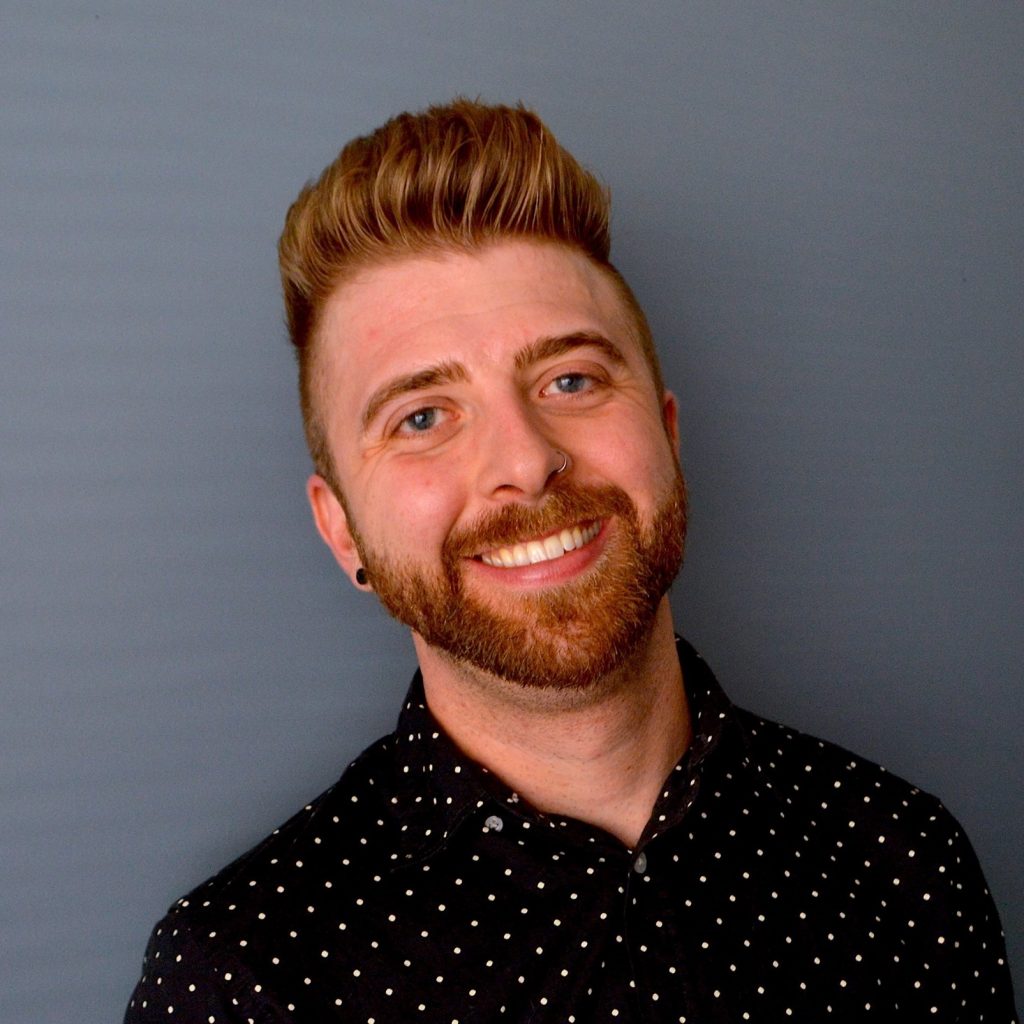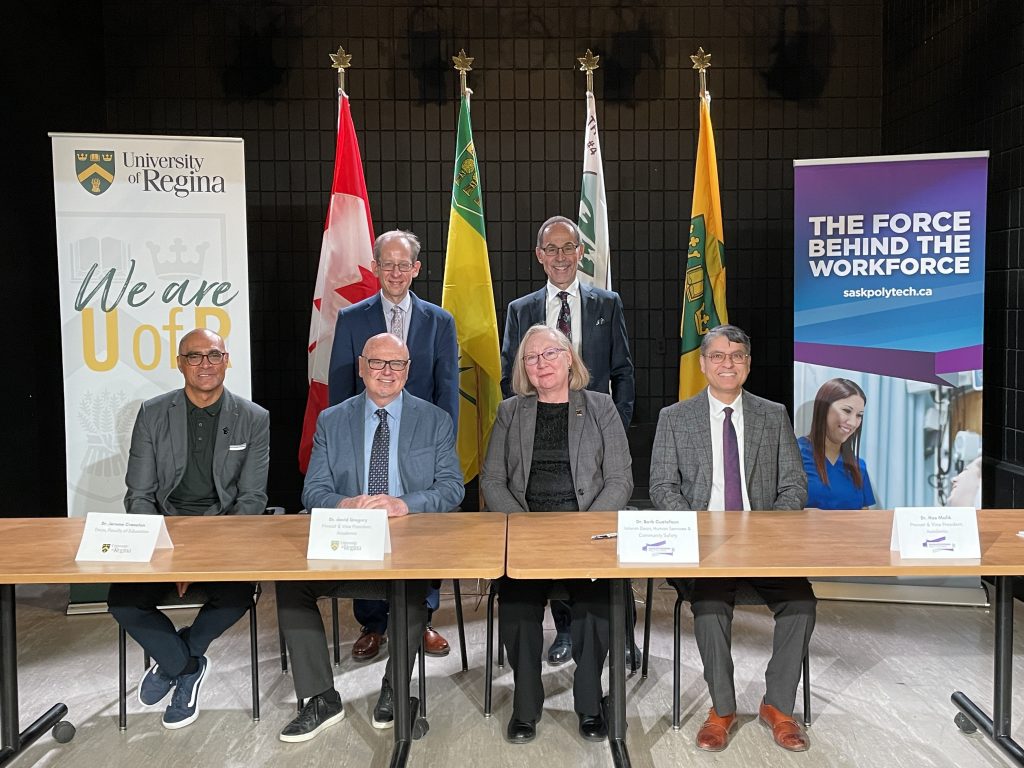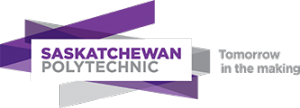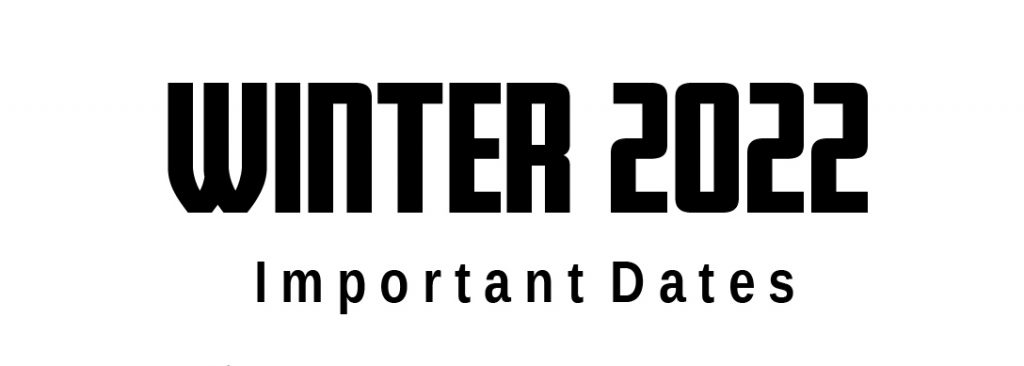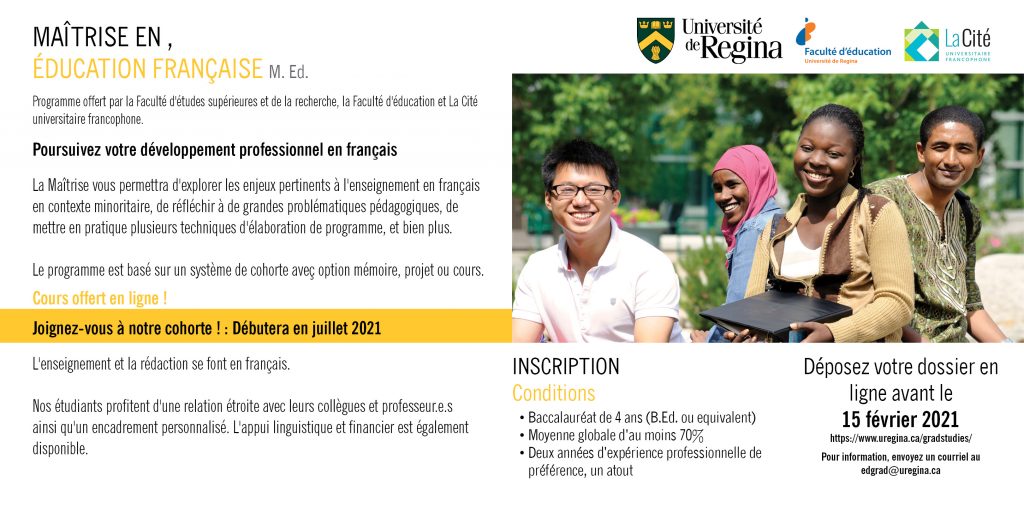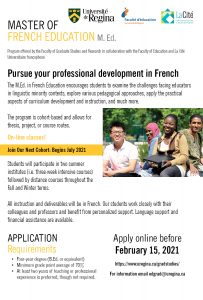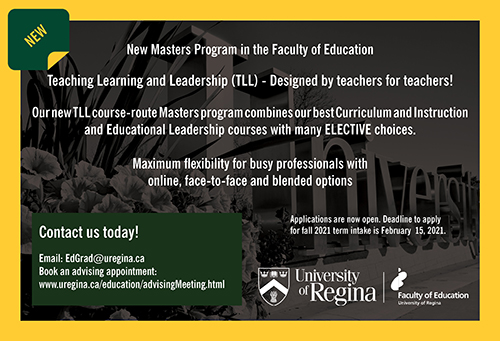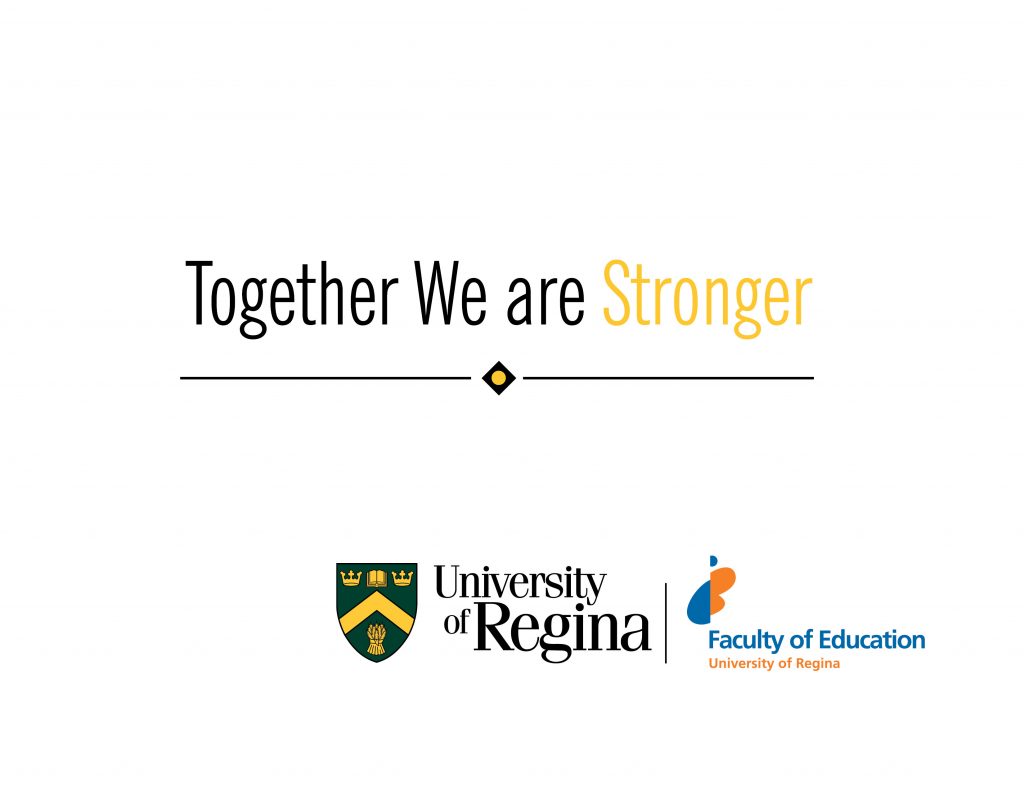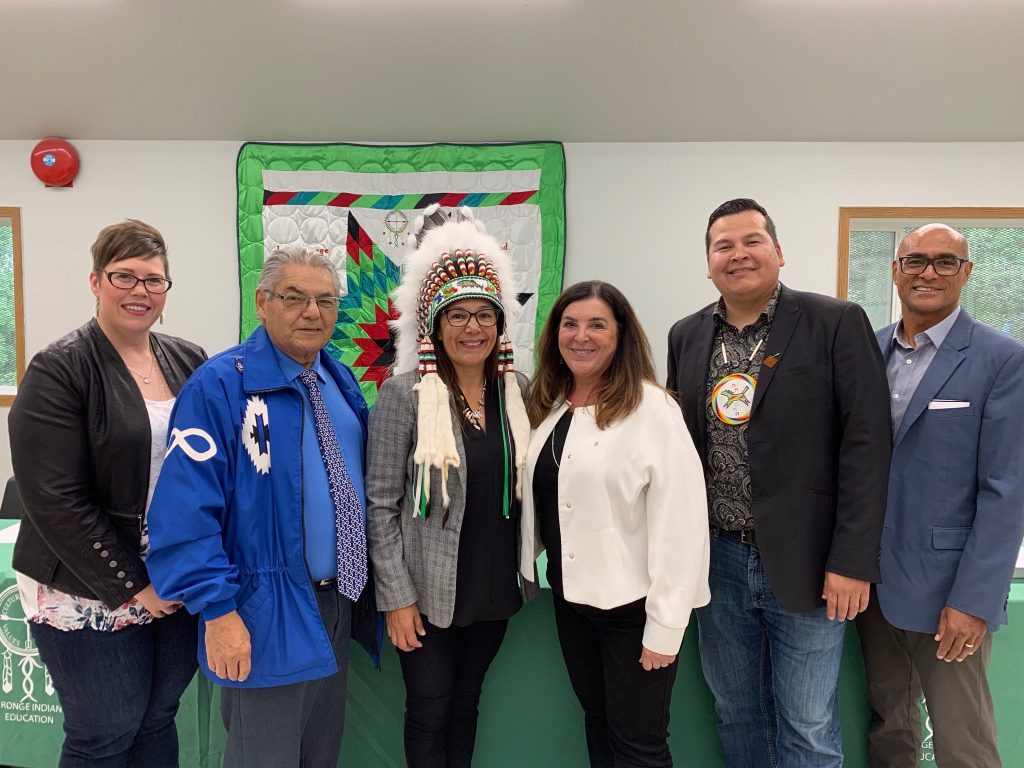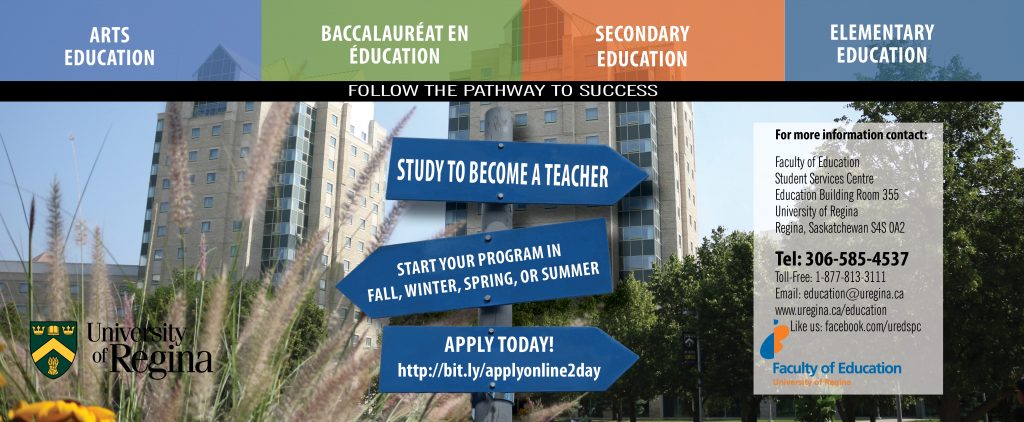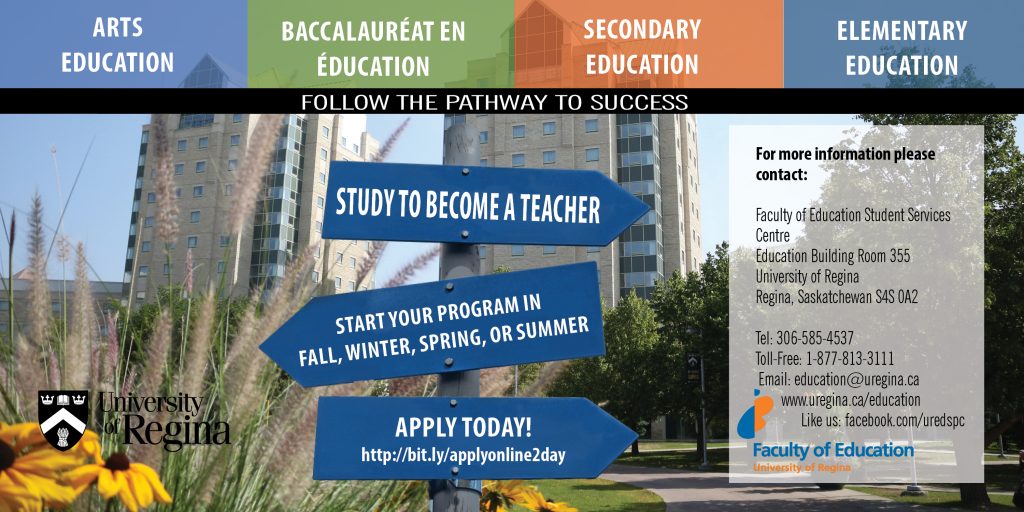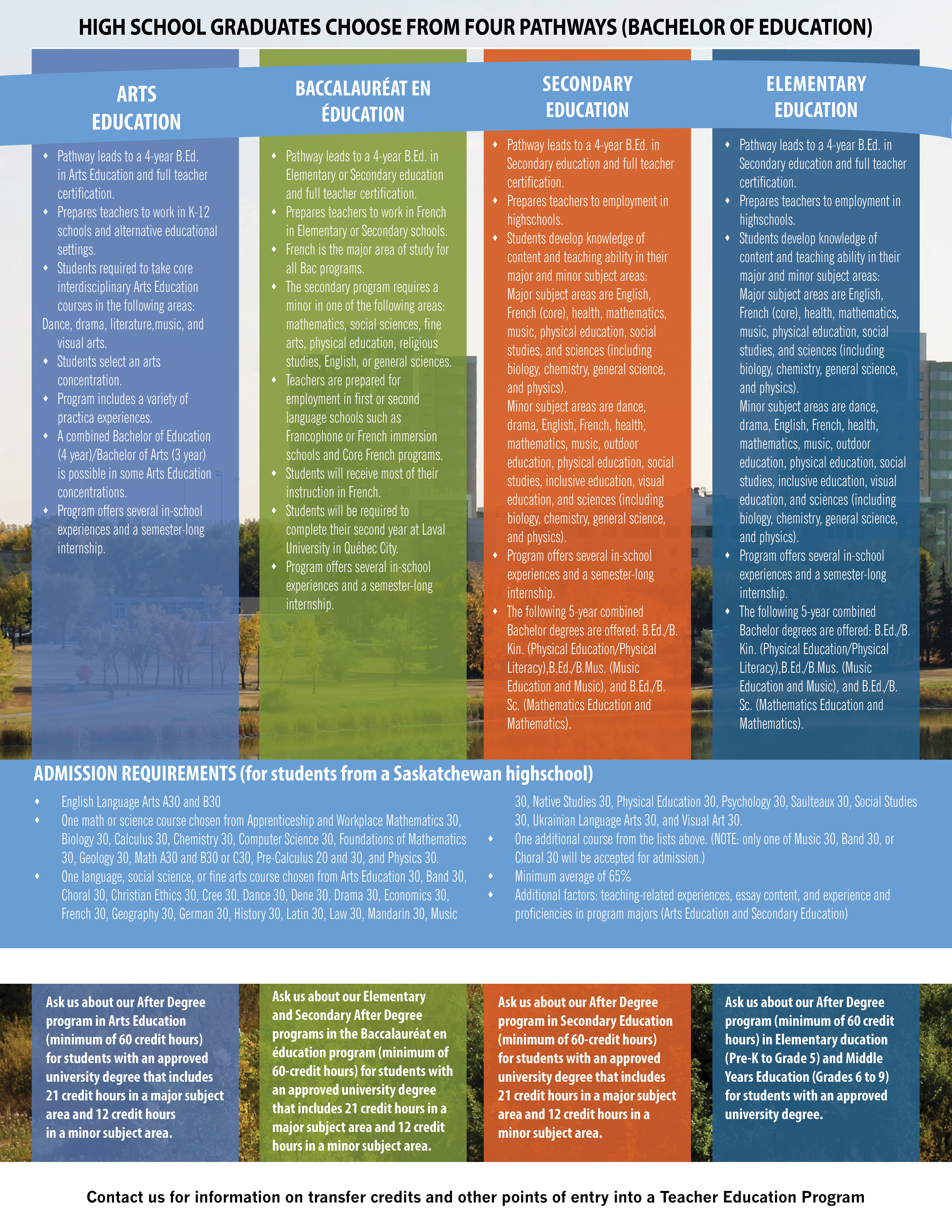An ARTS EDUCATION degree can OPEN DOORS to opportunities beyond being a teacher in the school system as today’s spotlight demonstrates.
We’re shining light on arts education alum Dillon Lewchuk (MA, BA, BEd, RCAT, RCC, CCC) who currently has three professional roles: He is a full-time clinical counsellor working at Homewood Ravensview with a dynamic interdisciplinary team of psychiatrists, addiction physicians, nurses, and a large range of therapists to treat mood and anxiety disorders, post-traumatic stress disorder, and addictions. He is also an art therapist in a private practice, providing virtual art therapy and counselling services to children, teens and adults. And he picks up contracts to teach postsecondary classes for art therapy colleges, to advise on academic theses, and to train mental health professionals about 2SLGBTQIA+ therapeutic care.
SUCCESS. CONFIDENCE. PROFESSIONAL SKILLS.
Our arts education program equipped Dillon for these professional roles by giving him confidence and essential skills for success:
“I learned how to understand learning styles to present information that is accessible and I gained the confidence to present in order to help those I support, like when I give lectures and training to develop the competencies of other professionals, run group therapies, or provide psychoeducation to clients struggling with their mental health.”
The arts education program helped Dillon to “create and deliver educational content and training that helps support individuals belonging to vulnerable and marginalized communities,” as well as helping to foster his passion to continue learning and to “further cultivate my helper side by completing my Master’s in Art Therapy.”
Through his arts education program, Dillon strengthened his intuition “to trust his creativity and think outside the box to fill the gaps in society.” Dillon says, “I have been able to start community initiatives for adults with intellectual disabilities, connect diverse communities together to work towards reducing stigma, and construct/revamp programs for non-profit organizations.”
CONNECTIONS.
Like many alumni, Dillon appreciates the deep connections he made through the arts education program: “I created life-long friendships with my peers, as well as meaningful, professional relationships with my professors who supported me, and continue to support me beyond my undergrad program.” Dillon believes that this learning community strengthened his confidence that he could excel in any area he chose after graduation.
Dillon also enjoyed the “variety and vastness” of the program, with its opportunities for “multiple internship experiences, the holistic range of academic classes (literacy, music, dance, drama and visual art) and the small cohort of like-minded individuals.”
